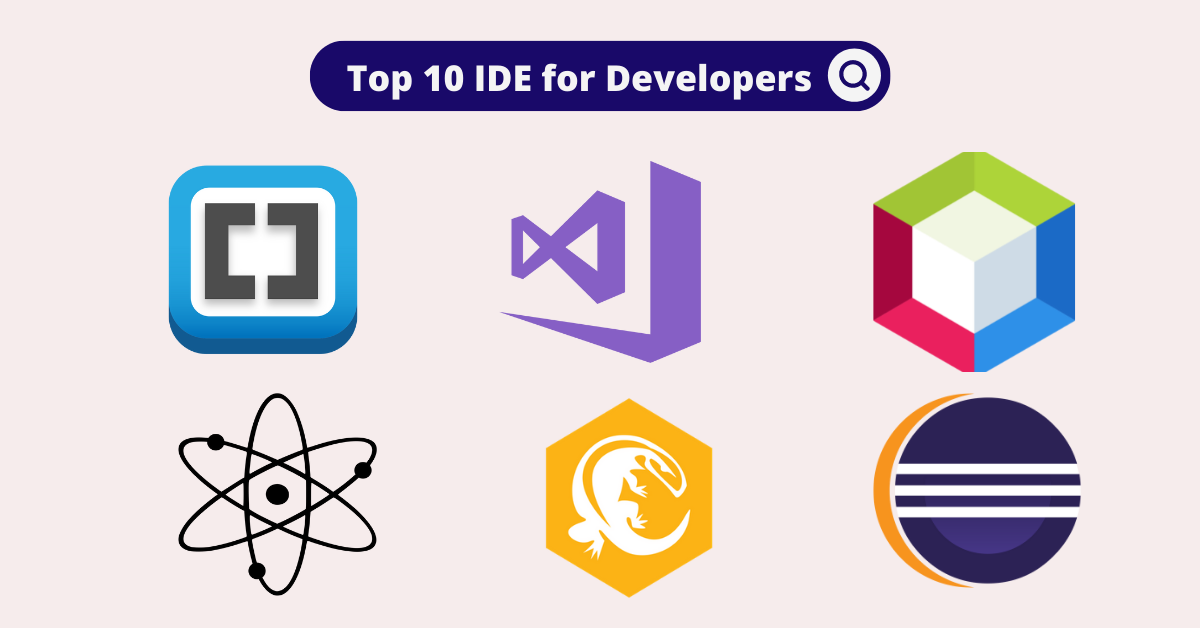Utilizing Code Editors and IDEs Effectively
Choosing the right Integrated Development Environment (IDE) or code editor can significantly enhance your coding efficiency. Popular IDEs like Visual Studio Code, IntelliJ IDEA, and PyCharm offer a plethora of features such as syntax highlighting, code completion, and debugging tools that streamline the coding process. By familiarizing yourself with the shortcuts and functionalities of your chosen IDE, you can reduce the time spent on repetitive tasks and focus more on problem-solving.
Moreover, many IDEs support plugins and extensions that can further customize your coding environment. For instance, using version control integrations can help manage your code changes seamlessly, while linting tools can catch errors before they become problematic. By leveraging these tools, you can create a more productive coding workflow that allows for faster and smarter coding practices.
Embracing Version Control Systems
Version control systems (VCS) like Git are essential for modern software development. They allow developers to track changes, collaborate with others, and revert to previous versions of code when necessary. By using a VCS, you can manage your codebase more effectively, reducing the risk of losing important work and making it easier to experiment with new features without fear of breaking existing functionality.
Additionally, understanding branching and merging strategies in Git can enhance your coding efficiency. By creating branches for new features or bug fixes, you can work on multiple aspects of a project simultaneously without interfering with the main codebase. This practice not only speeds up development but also fosters a more organized approach to coding.
Writing Clean and Maintainable Code
Writing clean code is crucial for long-term project success. Clean code is not only easier to read and understand but also simplifies debugging and future modifications. Adopting coding standards and best practices, such as meaningful variable names, consistent indentation, and modular design, can significantly improve the maintainability of your code.
Furthermore, incorporating comments and documentation within your code can aid both you and your collaborators in understanding the logic behind your implementations. This practice reduces the time spent deciphering complex code later on, allowing for faster development cycles and smarter coding strategies.
Leveraging Code Snippets and Templates
Code snippets and templates can drastically reduce the time spent on repetitive coding tasks. Many IDEs allow you to create and store snippets for frequently used code blocks, enabling you to insert them with just a few keystrokes. This not only speeds up the coding process but also ensures consistency across your projects.
Additionally, utilizing templates for common project structures can save time during the initial setup phase. By having a predefined structure, you can focus on writing the unique aspects of your application rather than reinventing the wheel each time you start a new project.
Continuous Learning and Skill Development
In the fast-paced world of technology, continuous learning is vital for staying relevant and improving your coding skills. Engaging in online courses, attending workshops, and participating in coding bootcamps can expose you to new languages, frameworks, and best practices that enhance your coding efficiency.
Moreover, following industry leaders and engaging with coding communities can provide insights into emerging trends and tools. By staying informed and adaptable, you can implement smarter coding techniques that align with current best practices, ultimately leading to faster development times.
Automating Repetitive Tasks
Automation is a powerful tool for increasing coding efficiency. By identifying repetitive tasks in your workflow, you can use scripts or automation tools to handle them automatically. For instance, automating testing processes with tools like Jenkins or Travis CI can save significant time and reduce human error.
Additionally, using build automation tools such as Maven or Gradle can streamline the process of compiling and packaging your code. By automating these tasks, you can focus more on writing code and less on the mundane aspects of the development process, leading to faster and smarter coding practices.
| Idea | Description |
|---|---|
| Use Code Snippets | Utilize pre-defined code snippets to save time on repetitive tasks and improve efficiency. |
| Version Control Systems | Implement version control (e.g., Git) to track changes, collaborate with others, and manage code effectively. |
| Automate Testing | Incorporate automated testing frameworks to ensure code quality and reduce manual testing efforts. |
| Integrated Development Environments (IDEs) | Use powerful IDEs that offer features like code completion, debugging tools, and syntax highlighting to enhance productivity. |
| Continuous Integration/Continuous Deployment (CI/CD) | Adopt CI/CD practices to automate the integration and deployment process, allowing for faster delivery of code changes. |
| Code Reviews | Engage in regular code reviews to catch errors early, share knowledge, and improve code quality. |
| Learn and Use Design Patterns | Familiarize yourself with common design patterns to solve recurring problems efficiently and improve code maintainability. |
| Stay Updated with Technology | Keep abreast of the latest programming languages, frameworks, and tools to leverage new features and improvements. |
| Optimize Your Workflow | Identify bottlenecks in your coding process and streamline your workflow to enhance productivity. |
| Practice Pair Programming | Collaborate with another developer in real-time to share knowledge, improve code quality, and solve problems faster. |
This HTML document provides a structured overview of ideas for faster and smarter coding, presented in a table format for clarity and ease of reading.



